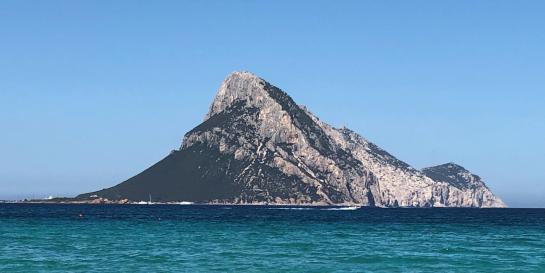
Robinson Crusoe Revisited:
Literary and Intermedial Legacies of the ‘First Novel in English’
The next annual symposium of the Centre for Literary and Intermedial Crossings (CLIC) will take place on Friday 29th November 2019 and will revolve around the literary and intermedial legacies of and responses to Daniel Defoe’s Robinson Crusoe, to commemorate its publication exactly 300 years ago this year.
Three centuries after its appearance in print, Defoe’s fictional autobiography of the English mariner Robinson Crusoe survives in popular memory as the story of Crusoe’s shipwreck on an uninhabited island in the Americas, although the novel is as much about Crusoe’s spiritual growth as it is about his adventures at sea and in the New World. Robinson Crusoe was not only the very first novel in English, but also gave birth to a new subgenre, as it inspired authors from across the world to write adaptations in various languages. Contemporary ‘Robinsonades’ include works by J.M. Coetzee, Muriel Spark, Michel Tournier and Derek Walcott, to name but a few of the most notable writers. Since the late 20th century Crusoe’s colonial relationship with the inhabitants of the New World has been rewritten especially from postcolonial and migrant perspectives, whether by closely addressing Defoe’s text or even by simply shifting the narrative focus from Crusoe-like figures to (formerly) colonized characters.
The 9th CLIC-day aims to explore the many literary and intermedial legacies of Robinson Crusoe especially in the English, Dutch, French, German, Spanish or Italian language domains. As the first novel in English, it counts as a prototypical catalyst of genre development and canon diversification, while at the same time, as a canonized classic, it has become an icon of Europe’s literary establishment and intellectual traditions. Speakers are invited to probe to what extent literary authors have responded, formally and/or thematically, to Robinson Crusoe as life writing, confessional literature, travel literature, adventure tale, island story, woman-unfriendly text, or as survival literature that has inspired comics, popular tv programmes and video games. Some of the possible topics that papers may explore, in (detailed or more oblique) reference to Robinson Crusoe, are the following:
- robinsonades
- questions of genre development
- issues of canon formation
- literature explorations of gender/race/social concerns…
- reception and reader response issues
- translations and adaptations
With its focus on the legacy of the first English novel, this 9th edition of the CLIC symposium corresponds to the research into literary genres, one of the three research themes of the Centre for Literary and Intermedial Crossings. It is one of the aims of this yearly event to introduce students to the literary research of current CLIC members as well as external researchers. That’s why we ask speakers to employ a clear structure in their presentations (state of the art, research question, methodology, etc.). We welcome contributions in Dutch, English or French. The length of individual presentations should not exceed 20 minutes. Colleagues who wish to present their research should deliver an abstract of maximum 300 words and a biography of circa 100 words before July 21st 2019 to the following email addresses: Elisabeth.Bekers@vub.be, Andrea.Penso@vub.be and Havhove@vub.be. After the study day a selection of papers will be published in CLIC’s peer-reviewed publication JLIC.
